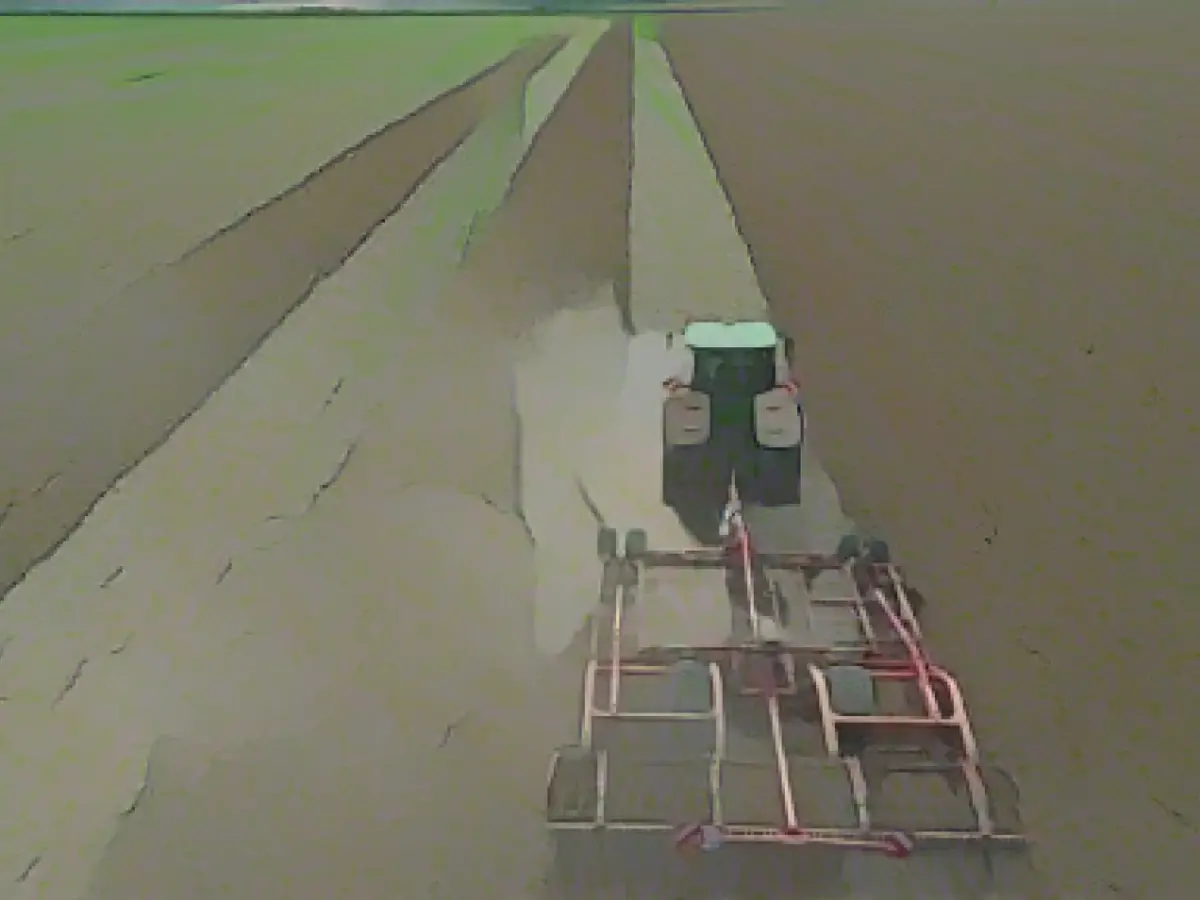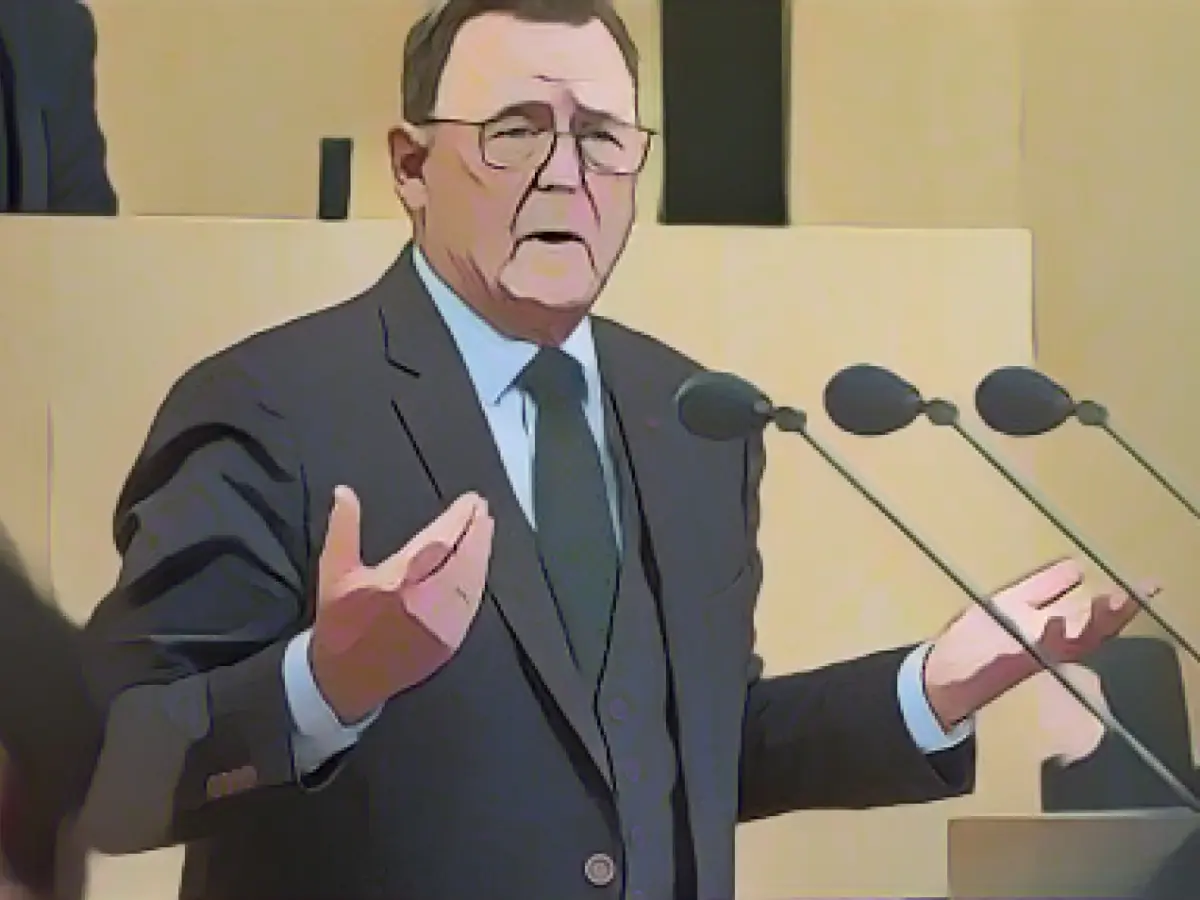Farmers in Saxony's Dresden Region are set to receive compensation for the delayed EU funds payment. State authorities have agreed on paying out a one-time lump sum to farmers affected by the delays. The sum will be determined based on fixed criteria and will cover expenses like interest, fees, and consulting services. The number of farmers eligible for the compensation remains unclear.
Issues arose due to implementation troubles related to new regulations implementing changes in the European Union's agricultural policy from 2023. These regulations required substantial software adaptations and an increased pool of IT specialists, which did not materialize. The delays led to serious financial difficulties for farmers, as many were unable to pay their bills, including rent, insurance, and employer's liability insurance association fees, on time.
Agriculture Minister Günther expressed understanding and regret for the situation, blaming technical difficulties and a shortage of specialists for the delays. He emphasized that the priority was to pay the farmers as soon as possible, and the compensation for disadvantages serves this purpose. However, the compensation will only be processed once the direct payments have been made.
EU regulations stipulate two pillars for addressing payment delays: Pillar I and Pillar II. Pillar I covers good agricultural and environmental conditions, including measures to maintain soil quality, preserve water resources, and promote biodiversity. Farmers need to comply with these requirements to receive EU income support. Pillar II involves agri-environmental climate measures to encourage sustainable farming practices, but resources are limited and best practices are scarce.
Even with the EU flat rate compensation, farmers in Saxony might require additional financial aid to cover all expenses. They can explore rural development programs within the EU for supplemental support. However, the specifics of these programs and eligibility criteria depend on the individual farm's needs and the specific policies in various Member States.








